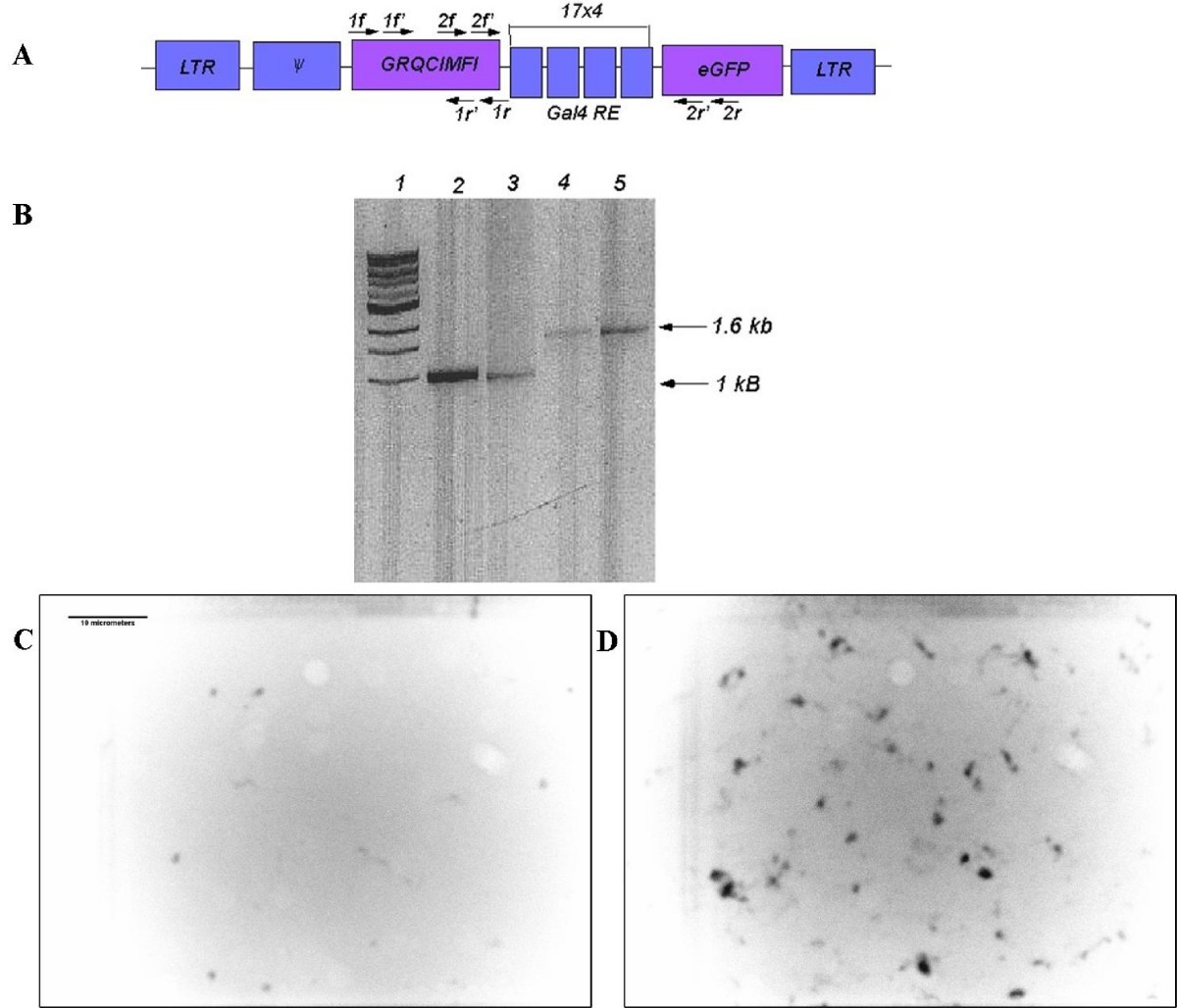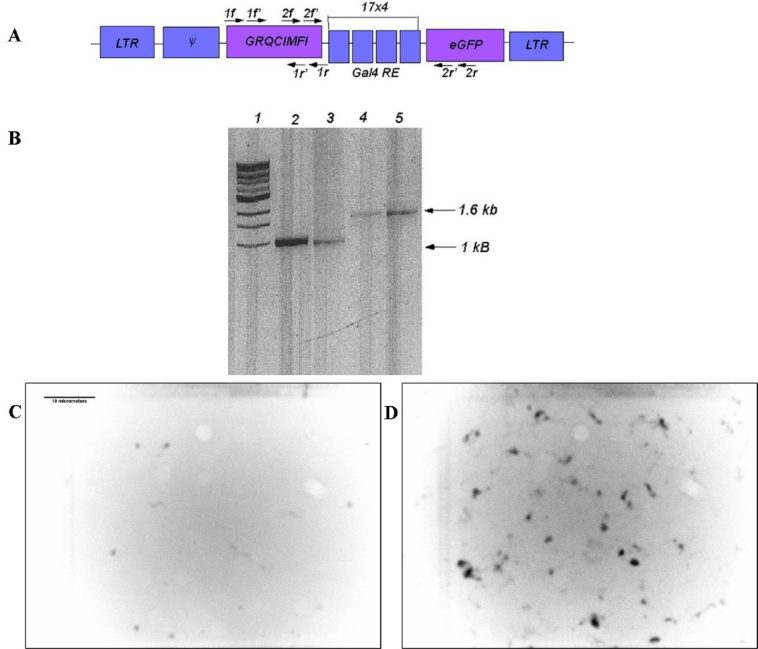
New Genetic Process Discovered to Potentially Treat Advanced Prostate Cancer
A study from the UT Southwestern Medical Center has discovered two genes that play a critical role in shaping prostate cancer cells and their response to treatments. The findings, published in Cancer Discovery, provide crucial insights into how cancer cells adapt to current standard-of-care treatments and offer a potential target for developing novel prostate cancer therapies.
Deficiency in Zinc Finger Protein 397 Could Trigger Transformation in Prostate Cancer Cells
Researchers have identified a deficiency in Zinc Finger Protein 397 (ZNF397) as a critical trigger that prompts the transformation of prostate cancer cells, leading to drug resistance and increased flexibility. With increased dependence on the Ten Eleven Translocation 2 (TET2) gene, which regulates DNA methylation, the cancer cells ultimately become resistant to therapies targeting the original identities of prostate cancer cells.
Understanding Lineage Plasticity and Drug Resistance in Prostate Cancer
The study builds upon previous research on lineage plasticity and drug resistance mechanisms, particularly around metastatic castration-resistant prostate cancer (mCRPC), which is particularly difficult to treat due to its ability to develop resistance to conventional therapies, such as androgen receptor (AR) inhibitors. Prostate cancer cells undergo “identity switches,” enabling them to evade targeted treatments, making therapy resistance a significant obstacle.
Pivotal Role of TET2 in Driving Epigenetic Rewiring
Researchers revealed the pivotal role of TET2 in driving epigenetic rewiring, which contributes to lineage plasticity and therapy resistance in prostate cancer, shedding light on how prostate cancer cells can adapt through epigenetic reprogramming. The study also shows that inhibiting TET2 can reverse resistance to AR-targeted therapies in ZNF397-deficient tumors, providing new paths for developing treatments for patients with advanced prostate cancer.
Nearly 1 in 8 Men Face Prostate Cancer during their Lifetime
According to the American Cancer Society, prostate cancer is the most common cancer among men, with nearly 1 out of every 8 men facing prostate cancer during their lifetime. With the possibility of reversing resistance by targeting TET2 with drugs, this study offers new paths for developing treatments for patients with advanced prostate cancer and increasing survival rates.
Acknowledgements and Funding
UTSW researchers who contributed to the study include Ganesh V. Raj, M. D., Ph. D., Professor of Urology and Pharmacology; Carlos L. Arteaga, M. D., Professor and Director of the Simmons Cancer Center and Associate Dean of Oncology Programs, among others.
The study was funded by grants from various organizations such as the National Cancer Institute/National Institutes of Health, the Cancer Prevention & Research Institute of Texas, the Prostate Cancer Foundation, the Welch Foundation, the Terry Fox New Frontiers Program Project Grant, and the National Cancer Institute Cancer Center Support Grant, among others.
Disclosure details are listed in the study.
Originally Post From https://www.utsouthwestern.edu/newsroom/articles/year-2024/june-prostate-cancer.html
Read more about this topic at
Genetics of Prostate Cancer (PDQ®)
Hereditary Prostate Cancer


